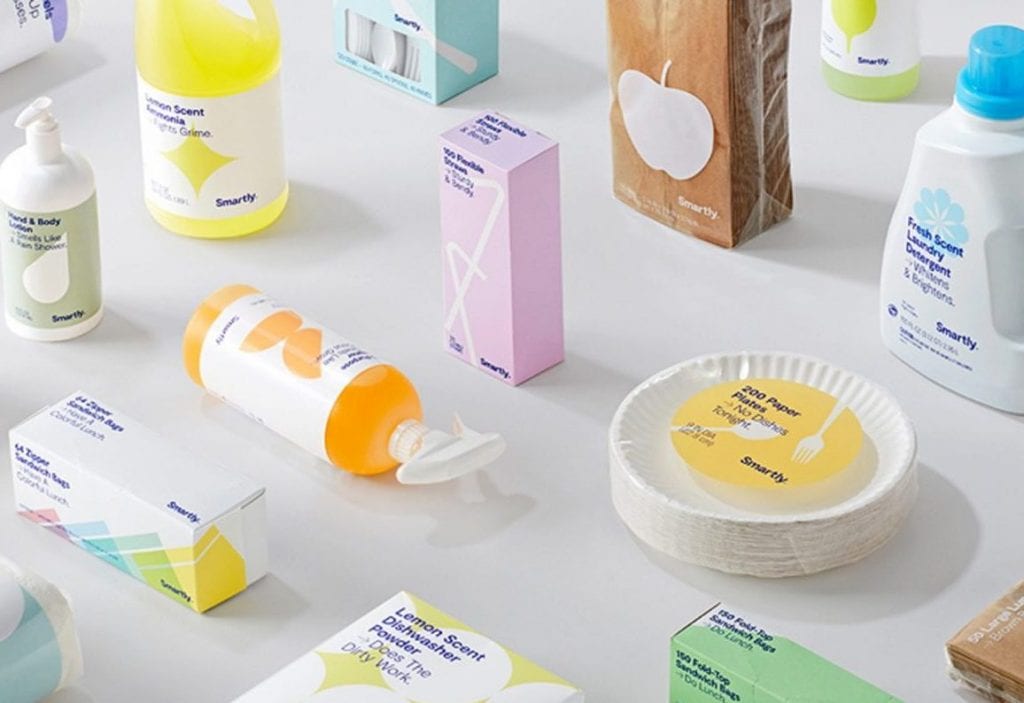Target revealed last month that while it had seen marked drop in apparel and accessories sales in light of COVID-19, it was benefitting from a surge in sales of essential items, such as cleaning supplies, grocery products, and hand sanitizers. Now, the latter of those things has landed the Minneapolis, Minnesota-headquartered retailer on the receiving end of a lawsuit accusing it of “engaging in deceptive advertising and business practices concerning false and misleading promotion of its hand sanitizer that purports to eliminate 99.99% of germs.”
According to a proposed class action complaint filed in a California federal court late last month, Mardig Taslakian claims that she purchased Target’s Up&Up brand alcohol-based hand sanitizer, which the retailer advertises with the claims “Compare to Purell® Refreshing Aloe Advanced Hand Sanitizer” and/or “Compare to Purell® Refreshing Gel Advanced Hand Sanitizer.” Not long after she bought Target’s hand sanitizer, Taslakian says she learned that the Food & Drug Administration (“FDA”) had written “a warning letter to Purell,” taking issue with the accuracy of Purrell’s claims that its hand sanitizer “kills 99.99% of germs.”
Given that both Purrell’s and Target’s hand sanitizers list “70% ethyl alcohol as the active ingredient” and in light of the fact that “Target itself compares its hand sanitizer to Purell’s,” the terms of the warning letter that the FDA sent to Purrell “condemning [its] misrepresentations that its hand sanitizer is intended for reducing or preventing the flu and other viruses, applies equally to Target’s hand sanitizer,” Taslakian argues.
By making the representation that its hand sanitizer “kills 99.99% of germs” and “by comparing its less expensive in-house private label product to the nationally known brand Purell’s more expensive hand sanitizer,” Taslakian claims that Target is “misleading consumers into believing its hand sanitizer is as effective as Purell’s and can therefore prevent disease or infection from, for example, Coronavirus and flu, along with other claims that go beyond the general intended use of a topical alcohol-based hand sanitizer.”
In addition to the FDA’s assertion that it is “currently not aware of any adequate and well-controlled studies demonstrating that killing or decreasing the number of bacteria or viruses on the skin by a certain magnitude produces a corresponding clinical reduction in infection or disease caused by such bacteria or virus,” Taslakian points to “other scientific studies [that] have shown that alcohol-based hand sanitizers like Target’s are not effective for the prevention of the flu and other viruses.”
With that in mind, such alleged misrepresentations not only serve to mislead the consumers who have “purchased tens or hundreds of thousands of Target’s hand sanitizer [products],” they enable Target “to unlawfully increase its sales and to have an economic edge over their competitors in the marketplace.”
“By filing this class action complaint,” Taslakian says that she is seeking “equitable and injunctive relief, restitution of all amounts illegally obtained, and disgorgement of any and all ill-gotten gains as a result of Target’s alleged conduct” on behalf of herself and the “hundreds, if not thousands” of other “similarly situated consumers, who purchased tens or hundreds of thousands of [Target’s] hand sanitizer, and have suffered, and continue to suffer, injury in fact through the loss of money and/or property” as a result.
A rep for Target was not immediately available for comment.
*The case is Mardig Taslakian v. Target Corporation, et al, 2:20-cv-02667(C.D.Cal.).













